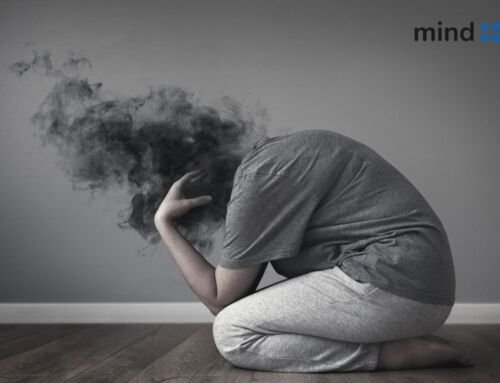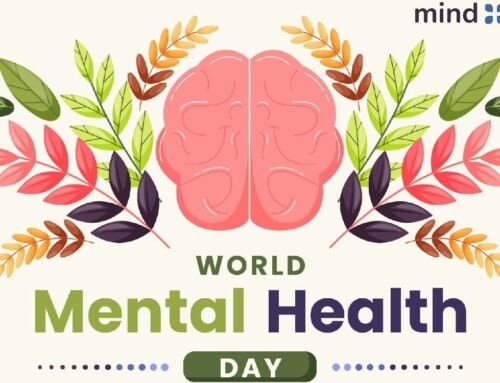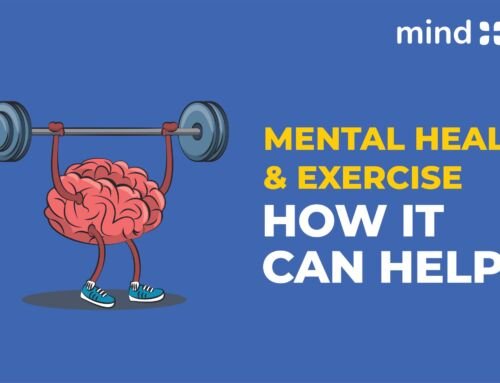Overview of Anxiety disorder, causes, treatment
By Ashima Gupta, Psychologist
Your body naturally responds to stress by producing anxiety. It is a sensation of fear or uneasiness about what is ahead. For example, for some people, it might be anxious to give a speech on the first day of class or before going to a job interview.
But if your anxiety symptoms are severe, last for at least six months, and interfere with your life, you could be suffering from an anxiety disorder.
The most prevalent type of emotional disorder is an anxiety disorder, which can affect everyone. But the American Psychiatric Association reports that women are more likely than men to be given an anxiety disorder diagnosis.
When you suffer from anxiety, you may have bodily symptoms like:
- Dizziness
- Tiredness
- Heart palpitations
- Muscular tension and discomfort
- Shaking
- Dry mouth
- Excessive sweating
- Stomach ache
- Headache
- Insomnia
Neither worry nor stress is always detrimental. Both might provide you a push or a motivation to complete the activity or obstacle you are facing. But if these emotions remain, they might start to affect how you live your life. It’s critical to seek therapy in that situation.

What are the types of anxiety disorders?
There are different types of anxiety disorders:
Anxiety disorder– This means frequently experiencing panic episodes in different situations.
Phobia- In Phobias, this is an overly strong aversion to a certain thing, circumstance, or action.
Social anxiety disorder- This exists a fear of people judging you in social settings.
OCD, or obsessive-compulsive disorder- This means that you frequently have irrational thoughts that cause you distress, anxiety, or fear and have to engage in particular, repetitive actions to avoid that.
Separation anxiety disorder- This disorder shows that you are afraid of being alone or separated from your loved ones.
Illness anxiety disorder- This is worry about your well-being (formerly called hypochondria).
What causes anxiety?
The precise source of anxiety is unclear to experts. However, it’s possible that a number of elements interact.
- Stress,
- Other health conditions like diabetes or depression,
- First-degree relatives who have the disorder are some of the reasons for anxiety.
- Environmental issues, such as child abuse,
- Substance misuse, and
- Clinical or occupational risks
- Additionally, scientists think it originates from the parts of the brain in charge of managing fear as well as memory storage and retrieval for emotional and fear-related experiences.
- Chronic pain- People with chronic pain conditions are prone to anxiety.
What are some treatments for anxiety?
There are certain treatment choices that can help a person overcome anxiety.
There are three types of anxiety treatments: 
Psychotherapy- Cognitive behavioral therapy and exposure response prevention are two types of therapy that can be used to treat anxiety.
Complementary medicine methods- Mindfulness, yoga, and stress management techniques can be used to cure anxiety.
Medication- Antidepressants and anti-anxiety medication can be prescribed by doctors to manage anxiety.
Consulting a mental health professional or psychologist at Mind Plus can help you discover practical methods and coping mechanisms for handling stress when it arises.





